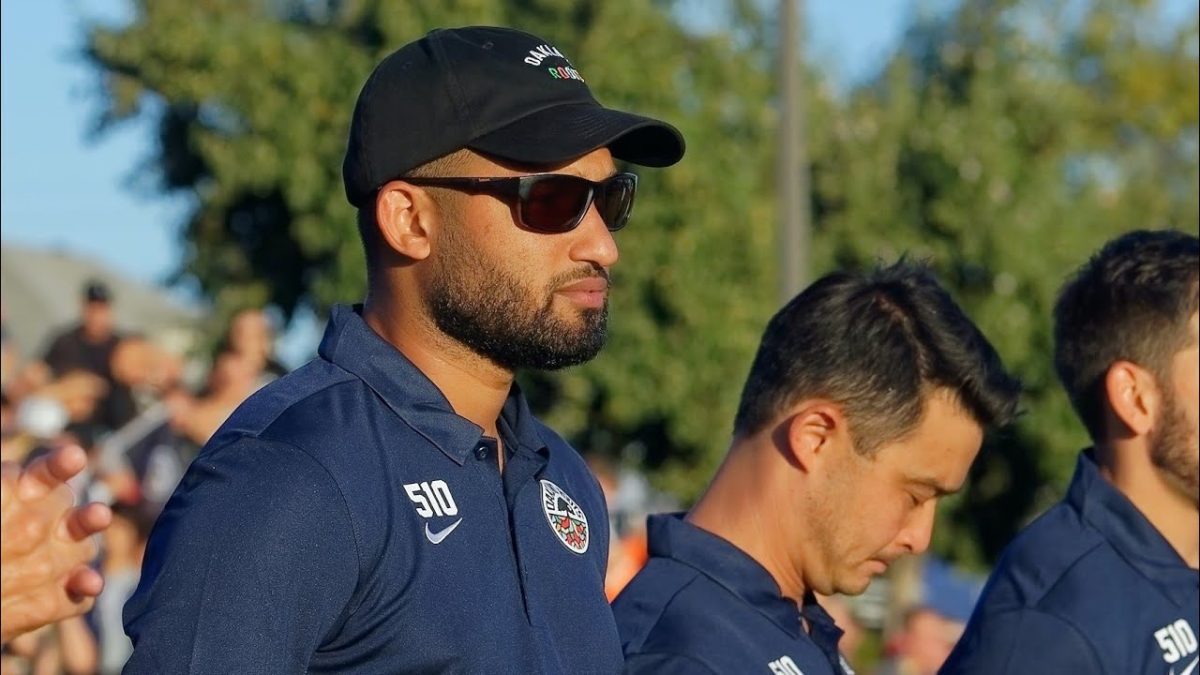 Chinese students who study in universities in the United States are often more likely to find jobs with foreign companies than with national ones, according to research published by the University of Santa Barbara.
Chinese students who study in universities in the United States are often more likely to find jobs with foreign companies than with national ones, according to research published by the University of Santa Barbara.
American-educated nationals are commonly referred to as haigui, or sea turtles, because like the sea creatures, they return home to lay eggs for the next generation, said Wei Sun, University of Santa Barbara student, in a published research paper exploring the productivity value of this group when they return to settle down in China.
When they return home, it states, they apparently lose their “guanxi,” or personal connections network.
Sun’s study focused on job opportunities with national Chinese companies; sea turtles have a difficult time finding employment in this industry compared to graduates who went to college or university in China.
When students go overseas, they lose their ability to develop guanxi, which are extremely important in Chinese society, Sun’s study demonstrated.
The information, gathered from interviews with students who returned home to China recently, coincides with research on the subject which concluded that “human capital accumulated overseas may be less useful in the Chinese market,” and with other reports that foreign companies have difficulty finding local talent.
Sandy Cai, who has a bachelor’s of accounting from Washington State University, identifies as a sea turtle.
Cai said in an interview that it was virtually impossible for her to find employment in the venture capital industry because she had no “guanxi.”
The same was true for Victor Wu, who works in the real estate industry. He said, in an interview, that he had to take a two-year business program that he did not need in order to reestablish his connections before looking for a job. He graduated from University of California, San Diego, with a bachelor’s in economics.
China has sent the most students over the past two years in 2009-10. There were 127,628, approximately a 30 percent increase of the previous year, and in 2010-2011, the number rose to 157,558, a 23.5 percent increase over the previous year, according to a statistical survey by the Institute of International Education, a U.S. nonprofit, in partnership with the U.S. Department of State’s Bureau of Educational and Cultural Affairs.
There were 764,495 international students in the 2011-12 academic year at colleges and universities in the United States a six percent increase over the previous year and an all-time record high.
This year international exchanges in all 50 states contributed to $22.7 billion to the U.S. economy. International education creates a positive economic and social impact for communities in the United States and around the world, say educators here and abroad.
In venture capital industries, where personal contacts are essential, students seem to be at a major disadvantage because while overseas they were unable to maintain a personal relationship with people who could be influential in their job search, Wu said in the research published in June 2012. E-mail and other forms of communication continue to be subject to censorship in China.
Xia Foung Gao, the manager of a real estate office in Beijing, said in an interview that he always hires local graduates over sea turtles because local graduates are always better connected.
Guanxi also appears to be important for obtaining a job in most industries in China, because students must have connections in order to be granted an interview. While the majority of the sea turtles interviewed who sought work with Chinese employers were able to use guanxi, mostly through family connections to find work, a few were unable to obtain employment because their guanxi had essentially disappeared while they were studying in America.
On the other hand it appears that sea turtles can do better with international companies operating in China.
Jack Wei who recently graduated with a bachelor’s in business administration from UC Berkeley said in an interview that he received offers from three of the four international companies that he applied to before accepting a job with Microsoft China.
Joseph Wang said that within six months of returning to China, he was hired into a managerial role with KFC China. Both said they could not even get interviews with Chinese national companies.
Coincidentally, one of the top complaints of international companies operating in China, including Goodyear and Procter & Gamble, is that they find the graduates from top Chinese universities are not cut out for managerial positions.
According to Good Year’s Asia-Pacific President, Pierre Cohade, the number-one problem facing the company in China “is absolutely the fight for talent…to acquire talent, retain talent and develop talent at the pace which is matching the pace of business.”
His remarks in an interview with the Wall Street Journal echoed similar ones in surveys by the American Chamber of Commerce, which cited management-level constraints as the top business challenge in China.
Chinese students who have studied in the United States attribute this problem to the role memorization that reportedly dominates the Chinese educational system.
Sea turtles have an advantage, though, because an American education gives them creative and critical thinking skills that international corporations are looking for, according to several alumni.

















